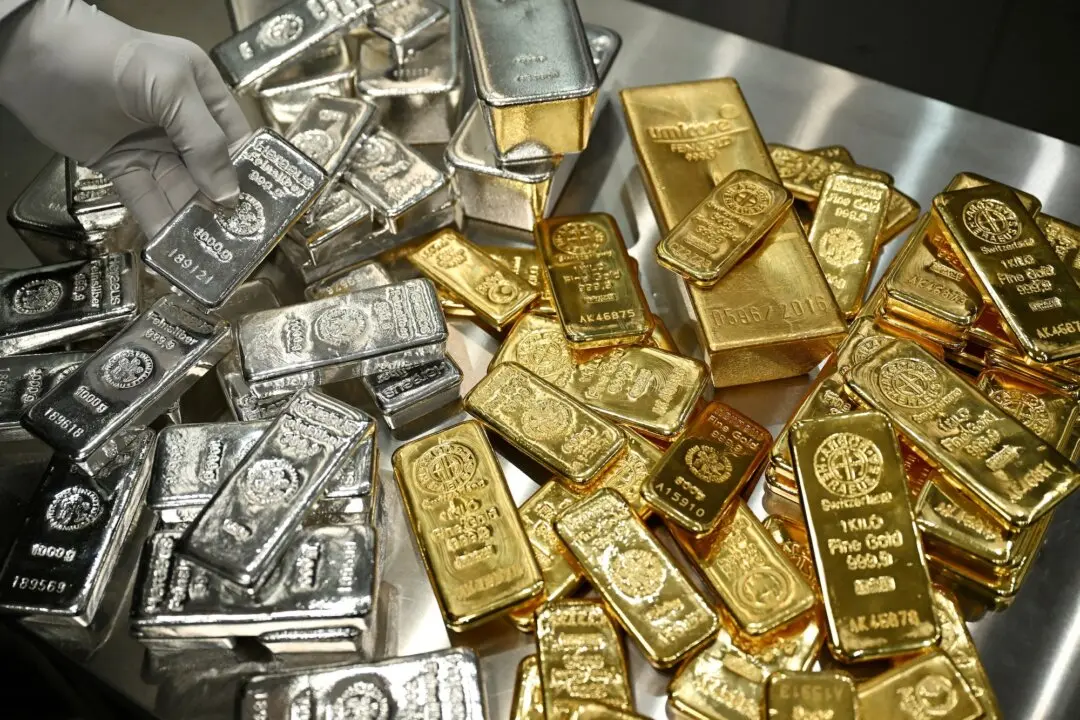Some interesting recent data remind us of the importance of paying attention to what governments actually do, not just what they say.
Central banks are on a gold-buying spree, and they are using their U.S. dollar foreign reserves to fund it. According to a report by the World Gold Council, central banks have bought more than 700 tons of gold year to date through October 2022—four times more than in 2021 and more than any annual period in more than 50 years—and the pace is accelerating. Central banks, for example, have acquired 400 metric tons of gold (worth about US$23 billion) during the third quarter of 2022 alone.






